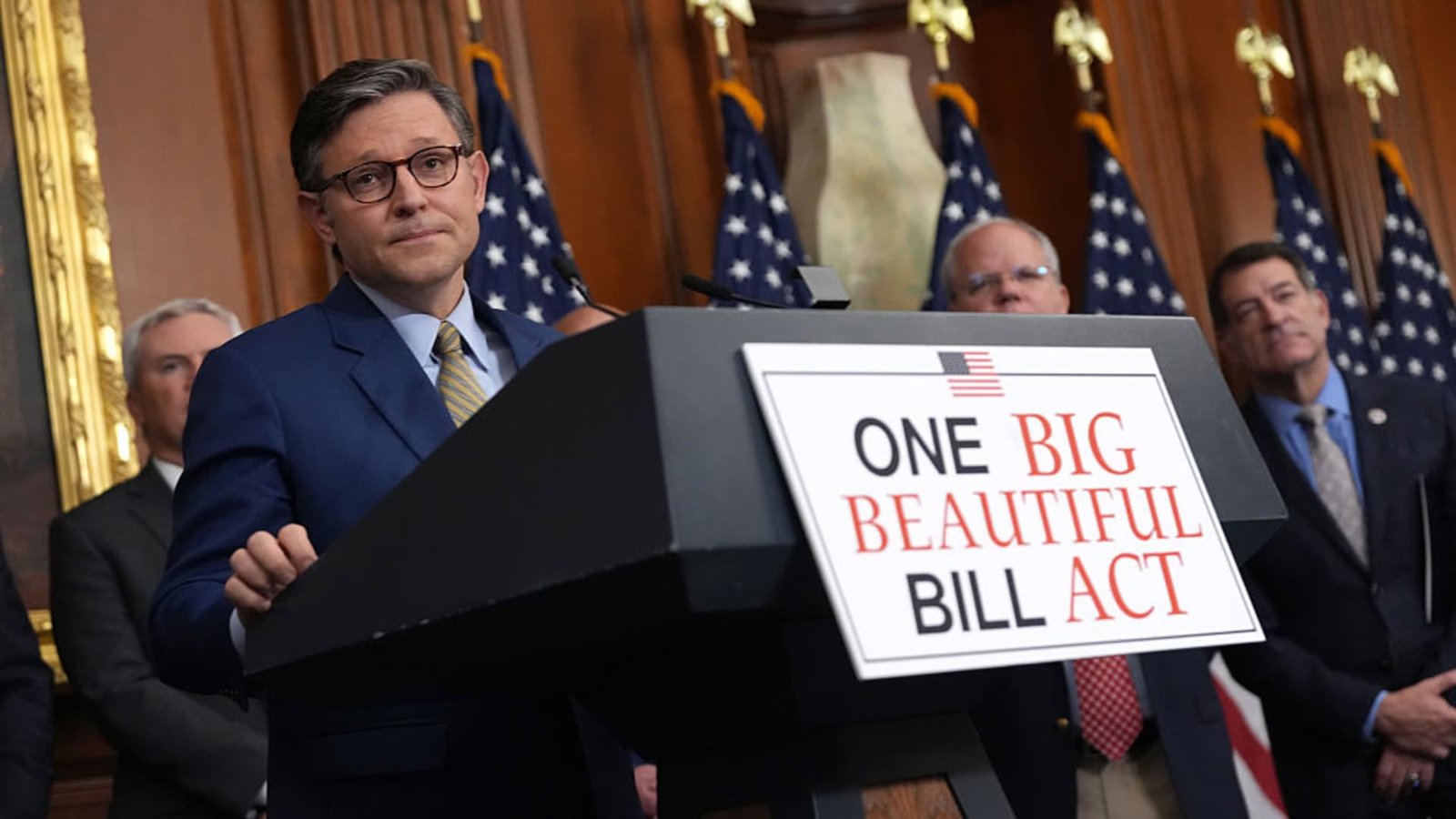American fund managers are lobbying Congress over a provision tucked inside President Donald Trump’s tax bill that they say could lead to foreign investors “quickly” pulling investments out of the U.S.
The “One Big Beautiful Bill Act,” which passed through the U.S. House of Representatives in May, aims to penalize foreign-owned firms operating in the U.S. and that are from countries with “unfair foreign taxes” under a provision known as Section 899. It is currently being considered by the Senate.
The Investment Company Institute (ICI), which represents fund houses in the U.S., is lobbying Congress for an amendment as it warns the bill in its current form also impacts most foreign investments in U.S. stock markets, according to documents seen by CNBC.
“In order to avoid the impact of section 899, portfolio investors are likely to retreat quickly from US equities, leading to capital outflows from the United States,” the ICI said in a letter sent to Senator Mike Crapo, the chairman of the Senate Finance Committee, on June 5. “If sustained selling by foreign investors depresses US equity markets, this would harm both US companies and investors.”
Section 899 aims to introduce retaliatory tax measures against entities from countries that have levies such as the Digital Services Taxes and the OECD’s global minimum tax rules. If signed into law, it could impact investors from the European Union, the United Kingdom, Canada, Australia, and Switzerland, among others.
The tax would start at 5% and escalate by five percentage points annually to a maximum of 20%, on top of existing taxes, which vary by country and tax treaties. That could dent returns for foreign investors in U.S. equities.
American Reshoring ETF that is available to both U.S. and foreign professional investors.
Tax experts suggest earnings paid out to foreign investors are more likely to be hit by Section 899 than capital gains and other methods of shareholder distributions.
The Tema ETFs investment chief cautioned that the impact on the U.S. equities market would be relatively minimal as U.S. companies, say in the S&P 500, are typically not known for their dividends.
“In the US, dividend yields are quite low. There’s not a lot of companies paying. And most of the capital gets returned to share buybacks,” Khodjamirian told CNBC. “Is that actually going to be that big of an issue then?”



